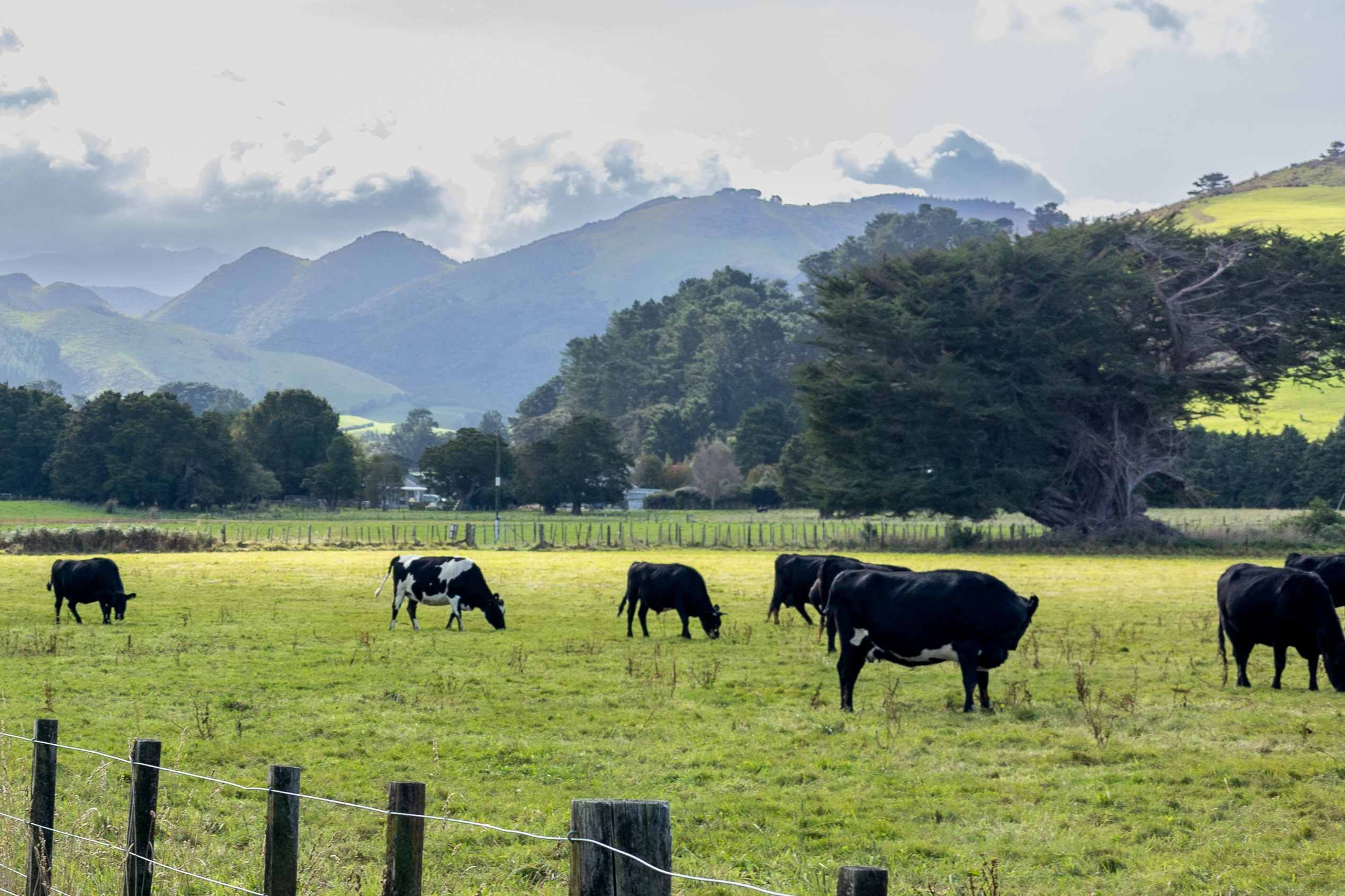Project Details
Project Overview
Adaptation by farmers and other land managers is critical to ensure resilience in the face of ongoing climate variability and environmental change. However, there remains an adaptation deficit among agricultural producers. This project is advancing our understanding of how environmental changes are addressed in Aotearoa New Zealand’s primary sector, and why.
The project combines experiments with corpus linguistics to study the drivers of individual-level decision-making in relation to environmental change, such as climate change stressors and biodiversity risks. In a second step, the project analyses how institutional arrangements, communication across groups and stakeholders, and governance structures can initiate, support, and sustain adaptation and change.
The information from this study will help highlight implications for adaptation decision-making and behaviours under conditions of uncertainty.
Why This Matters
Aotearoa’s National Climate Change Risk Assessment outlines several risks. Some with projected extreme consequences are associated with unfit decision-making and a lack in capacity building. Our project addresses these caveats by studying individual level decision-making and responses to policy framing as well as linking these insights to governance structures that help initiate and sustain adaptation and change.
Scholars and practitioners have complemented rational accounts of (in)action on climate change with cognitive, social, political, and structural ones. While we know of the effects of those factors, we rarely communicate on them, but rather emphasise risks and facts. The role of emotions in decision-making and climate action is understudied, which is the research gap this project seeks to address by studying how emotions can increase perceptions of efficacy and motivate climate action across political groups.
The experimental data on framing effects helps unpack the measurable and potentially alterable factors that drive individuals’ decisions to adapt to climate change. Building on those insights, the analysis of communication across groups and time illustrates the strategies and effects of how we communicate, initiate, and sustain change, transitions, and transformation in the primary sector. This helps us discuss and improve how we talk about change, transition, transformation in A-NZ’s primary sector as a collective. It also helps identify potential barriers to such conversations due to differences in understanding, values, contexts, worldviews, and communication patterns.
Project Objectives
- Identification of stressors, trigger points and thresholds that drive adaptation behaviour.
- Test and refine our understanding of messaging and framing in high anxiety situations such as climate change.
- Find barriers and enablers in communication of adaptive, resilient, and transformative reactions to change.
- Discuss and raise awareness regarding the quality and impact of changes on legitimacy, democratic quality, environmental and social outcomes, wellbeing, identity, and social cohesion.
- Unpack the reasons why new (institutional) arrangements are set up and in which way they are designed, supported, and sustained
Project Collaborators
| University of Canterbury | Resilience to Nature’s Challenges | New Zealand Institute of Language, Brain and Behaviour |
Related Research
3.3 Social Influences




